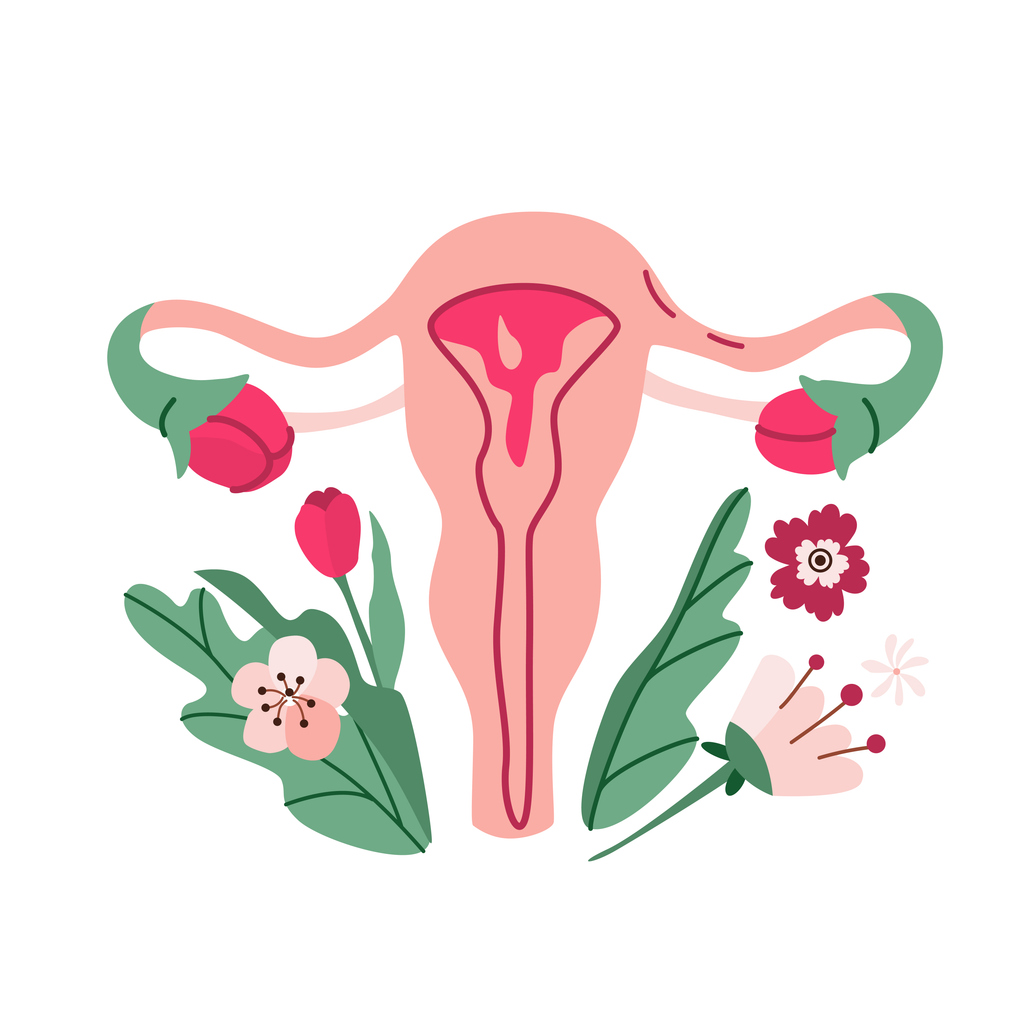2025-01-10
Astaxanthin: a promising supplement to reduce inflammation and cellular stress in PCOS
Gynecology
Polycystic ovary syndrome (PCOS) is a common
hormonal disorder in women of reproductive age, characterized by chronic
inflammation, elevated oxidative stress, and abnormalities in cell death
mechanisms (apoptosis). These biological imbalances contribute to issues such
as irregular ovulation, hormonal disturbances, and other PCOS symptoms.
In this context, astaxanthin (ASX), a potent antioxidant, is being investigated for its potential to reduce inflammation and improve cellular function by modulating endoplasmic reticulum stress and apoptosis. These effects may enhance ovarian function and provide new therapeutic avenues for women with PCOS.
Over eight weeks, the study aimed to evaluate the impact of ASX on inflammatory markers (TNF-α, IL-18, IL-6, CRP) and the expression of genes related to endoplasmic reticulum stress and apoptosis in peripheral blood mononuclear cells (PBMCs).
Key findings include:
These results emphasize the need for further research, particularly on dosage and treatment duration, to confirm the efficacy of ASX in managing PCOS.
In this context, astaxanthin (ASX), a potent antioxidant, is being investigated for its potential to reduce inflammation and improve cellular function by modulating endoplasmic reticulum stress and apoptosis. These effects may enhance ovarian function and provide new therapeutic avenues for women with PCOS.
What are the effects of astaxanthin on inflammation and cellular stress in PCOS?
This study involved 56 women with PCOS, divided into two groups:- ASX Group: 12 mg of astaxanthin daily.
- Placebo Group.
Over eight weeks, the study aimed to evaluate the impact of ASX on inflammatory markers (TNF-α, IL-18, IL-6, CRP) and the expression of genes related to endoplasmic reticulum stress and apoptosis in peripheral blood mononuclear cells (PBMCs).
Key findings include:
- Reduction in inflammatory markers: The ASX group showed a significant decrease in TNF-α, IL-18, and IL-6 levels compared to the placebo group. No significant change was observed for CRP.
- Impact on endoplasmic reticulum stress: ASX reduced the expression of several genes associated with endoplasmic reticulum stress, such as CHOP, ATF4, XBP1, and DR5, indicating improved cellular stress regulation.
- No significant improvement in clinical symptoms: Despite positive biological effects, no significant changes were observed in clinical symptoms such as hirsutism, hair loss, or menstrual cycle regularity.
Astaxanthin: a hopeful ally against inflammation in PCOS
The findings suggest that ASX may have a beneficial role in modulating inflammatory and apoptotic processes in women with PCOS. However, while these effects highlight a potential pathway for addressing the biological symptoms of the condition, no significant clinical improvements were observed.These results emphasize the need for further research, particularly on dosage and treatment duration, to confirm the efficacy of ASX in managing PCOS.

Last press reviews
Vaccine vs. SMC: rivals or partners?

#MalariaVaccine #R21MatrixM #Malaria #Vaccination #SMC #InsecticideTreat...
A race against time for a vaccine?

#PfSPZ #Vaccination #Malaria #Immunogenicity <br><br><br>...
Birch allergy: could one shot change everything?

#AllergicRhinoconjunctivitis #IgG4 #Allergoid #BirchPollen #Immunotherap...